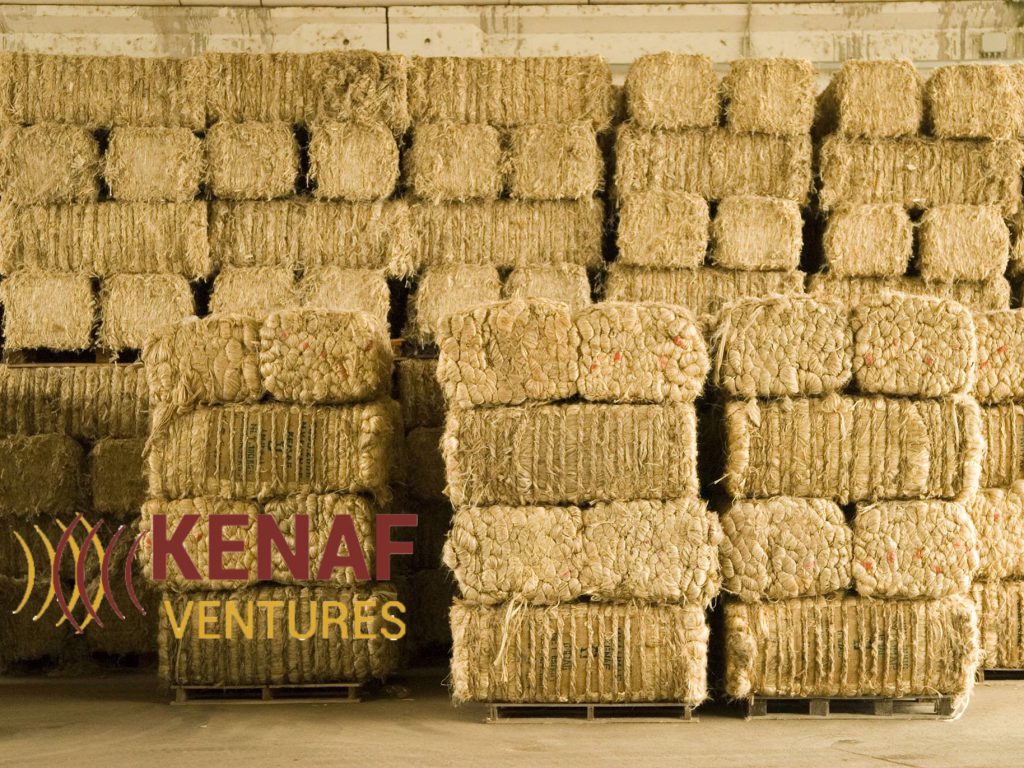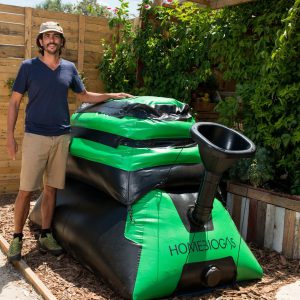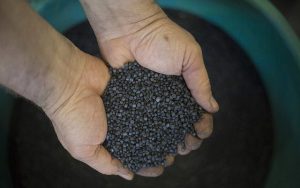Responsible Consumption and Production


Home » Responsible Consumption and Production » SDG 12- Kenaf Ventures – Growing Buildings Naturally
SDG 12- Kenaf Ventures – Growing Buildings Naturally
When life gets too messy, sometimes we need to go back to nature’s basic elements. This is the foundation of Kenaf Ventures, a CleanTech company specializing in building materials made from kenaf and hemp.
Founded in 2012 by Avishay Morag, Kenaf Ventures has since found support from the Israel Innovation Authority and the Israeli Ceramic and Silicate Institute (ICSI). The company’s vision: “Development that meets the needs of the present without compromising the ability of future generations to meet their own needs.“
What this translates into is the development and production of sustainable raw materials for buildings that meet the highest environmental standards, without compromising on quality. Kenaf’s materials are used for conventional construction as well as thermal and acoustic insulation. The company is also working on developing and commercializing tech to disrupt the plastic materials industry. And they are making all this happen by leveraging research and understanding of organic resources like kenaf and hemp. Their bio-mixtures for the construction industry contain 80 percent natural fibers, a percentage that significantly reduces the carbon footprint of the industry that is infamous for its pollutants and environmental-unfriendliness. Not only do kenaf composites reduce the amount of plastic in products, they are cost-friendly as well.


But what exactly is kenaf? Kenaf is not a new plant In fact, it has been around for 4,000 years, with records of its cultivation in ancient Egypt. It is a cotton and okra-related crop that is a member of the hibiscus family (Hibiscus cannabinus L) with roots in ancient Africa. Kenaf was finally introduced into southern Europe in the early 1900s, and today its principal farming areas are China and India. It is also grown in the US, Mexico, and Senegal.
Hemp — a little more well-known than kenaf — is another material that is used in Kenaf Venture’s building materials. Also known as Cannabis, hemp is a variety of the Cannabis sativa plant is one of the fastest growing plants. It was also one of the first plants to be spun into usable fiber 10,000 years ago. Hemp can be refined into a variety of commercial items including paper, textiles, clothing, biodegradable plastics, paint, insulation, biofuel, food, and animal feed. Thus, a perfect fit for the construction industry.
Thermal insulation in particular is one area of construction that was in dire need of an eco-friendly solution. The kenaf plant became the ideal economic and environmentally feasible answer: Cheap to grow with superior thermal properties, kenaf could be used to create high insulating masonry blocks, essential for the thermal performance of buildings. In fact, Kenaf Ventures’ formulas are currently used not only for blocks, but also for thermal insulating plaster, as well as acoustics masonry walls and partitions. Using kenaf for the creation of these materials significantly reduces the amount of plastic used, while upgrading the quality of the products.
Kenaf Ventures partners with manufacturers and distributors, real estate developers and construction companies to ensure that new buildings will “go green” in terms of materials, as well as energy and water savings. They offer “off the shelf” solutions as well as customized ones.
Their products are backed by an accumulated centuries of research and development for the agriculture, technology, polymer and silicate minerals sectors.
Naturally, Kenaf Ventures hits many of the targets for the UN’s sustainable development goal 12 – Responsible Consumption and Production. For instance, 12.2: “By 2030, achieve the sustainable management and efficient use of natural resources” or 12.6: “Encourage companies… to adopt sustainable practices and to integrate sustainability information into their reporting cycle.”
What an extraordinary achievement for a better world!
Related articles


SDG12- TIPA – Decomposing bad plastic habits with fully compostable ones
Responsible Consumption and Production “Imagine…if you could treat flexible food packaging like an orange peel…like organic waste, a natural resource.” What will become a historical


SDG 12 -Waste not, want not. HomeBiogas
Responsible Consumption and Production The potential for renewable energy is all around us, even the rubbish we just disposed of, it’s right there! Three friends


SDG 12- Spinning Garbage into Gold – the Startup Nation Does It Again
Responsible Consumption and Production SDG 12 -Spinning Garbage into Gold – the Startup Nation Does It Again Turn household, landfill trash into reusable plastic? Impossible!


















